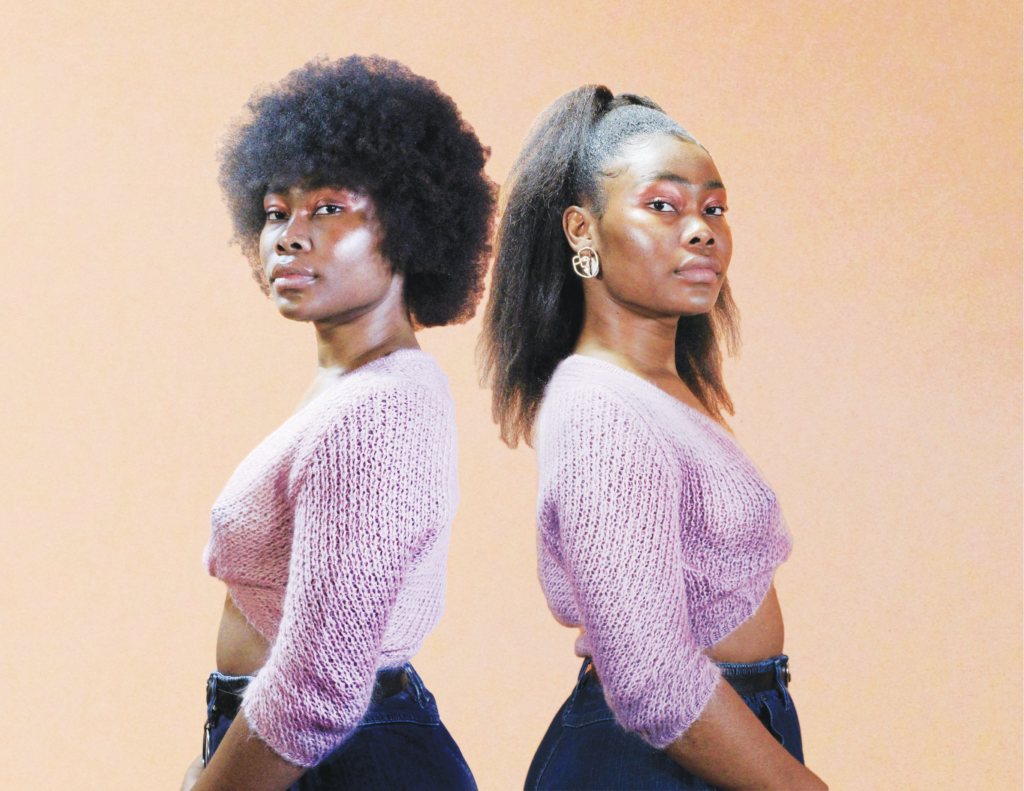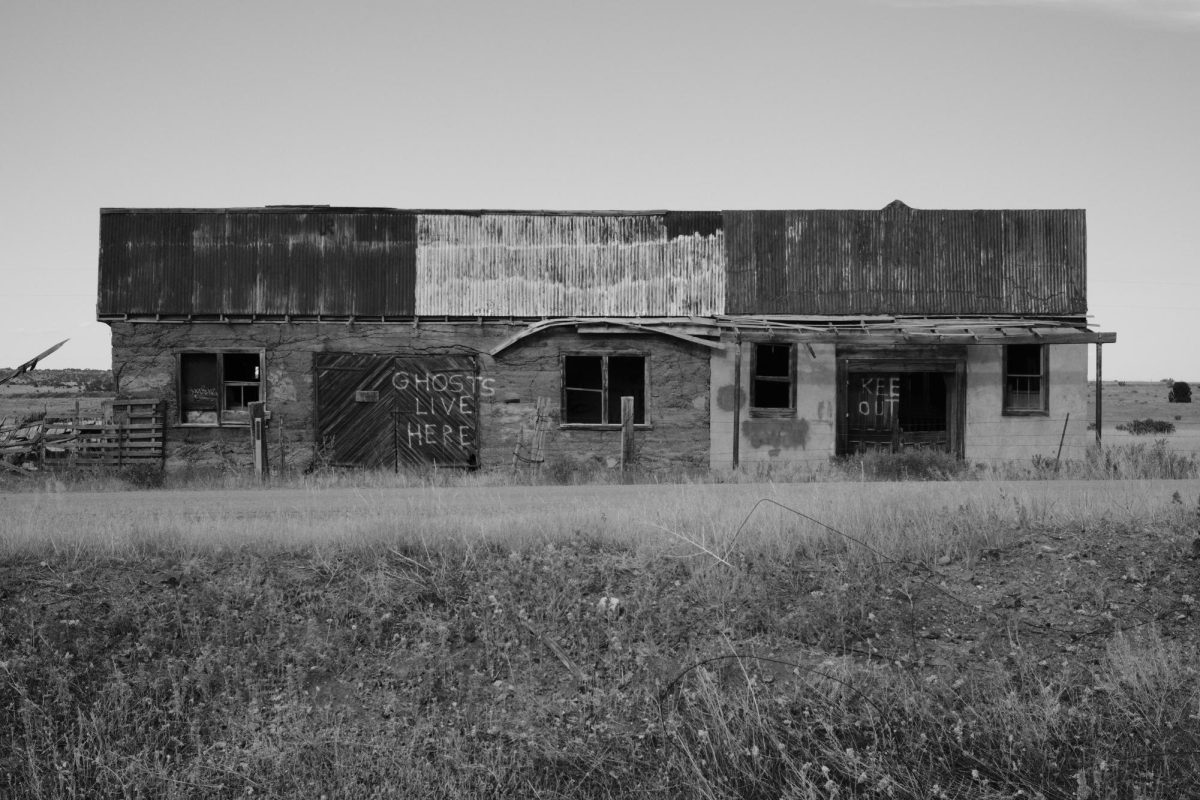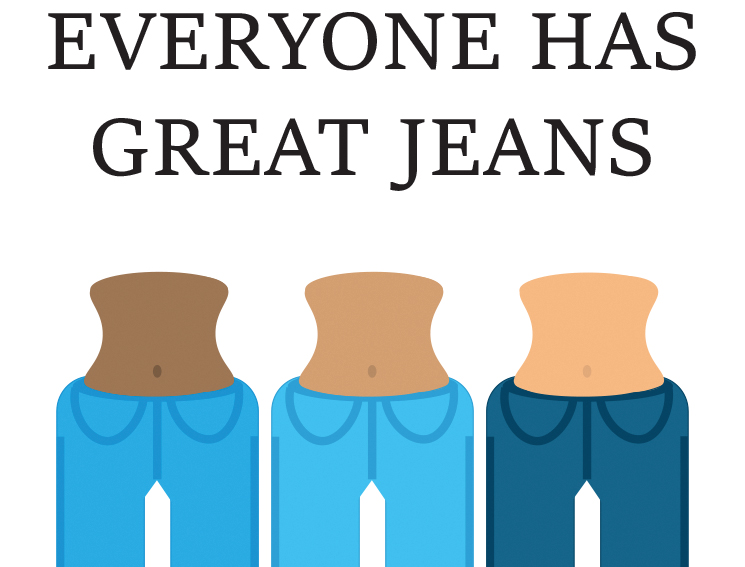
Mykel Hilliard
In April, Six Flags Over Texas found itself in a hairy situation when two black teens were rejected by the amusement park after applying for employment. Not because of their skills, but for their hair. The two teens were told that if they wanted to be hired, they would have to get rid of their braided or dreaded hairstyle.
But dreadlocks, cornrows, twists, braids, bantu knots and afros are just some of the natural and protective hairstyles black people wear. They use these hairstyles to protect their hair and keep it healthy. That should not be an obstacle to black people when they are seeking employment.
Protective hairstyles tuck away the ends of hairs, preventing them from being damaged by heat, the sun and styling, according to natural hair care website thirstyroots.com. Protective hairstyles are beneficial to all different types of black hair textures, such as relaxed and natural hair.
These hairstyles are vital to keeping black people’s hair healthy. The styles help black people grow healthier, longer hair, and reduce split ends, damage and knotting. But, many black people face discrimination in their workplaces and in the hiring process for wearing their hair in these protective and natural styles.
The problem is so severe that several states have taken steps to pass laws banning “hair discrimination.” These laws help push employers to stop the culture of discrimination experienced by black people, who often face the pressure to conform, negative comments and blatant discrimination.
New York became the second state to ban “hair discrimination” in the workplace and schools, according to nbcnews.com. In July 2019, Governor Andrew Cuomo signed a bill prohibiting discrimination based on an individual’s hair texture or styling.
Cuomo said: “For much of our nation’s history, people of color – particularly women – have been marginalized and discriminated against simply because of their hair style or texture. By signing this bill into law, we are taking an important step toward correcting that history.”
We have to start helping black people, especially black women, feel accepted for wearing their hair in natural and protective styles. We should destigmatize these hairstyles and integrate them into the workforce, so they won’t be looked at as unprofessional.
New York made the right choice in signing this bill because it will help aid black people in fighting hair discrimination by employers. According to the 2018 census compiled by the United States Census Bureau Black/African Americans make up 17.6% of the population of New York State, so this is a big deal.
Six Flags’ decision to not hire the boys over their hair is extreme. A person’s hairstyle is not an indicator of whether they are capable of doing a job, nor of their potential for professional growth.
Six Flags’ questioning these young men’s ability to work based on their looks is discriminatory and unprofessional.
According to the Fort Worth Star Telegram, Sharon Parker, a Six Flags spokeswoman, said: “We do permit braids and we also recognize that some team members may request accommodations to our grooming code due to religious, cultural or medical reasons. We work with those team members on a case-by-case basis to address his or her individual needs,” she said.
To many black people, these hairstyles are not just about protection and hairstyle preference, but cultural identity. When you take away someone’s ability to display their cultural identity, you are attacking their roots, and that does nothing positive.
In order to combat the problem, hair discrimination laws should be passed in every state. We should work toward making this a bigger issue. It should be a civil right for people to be able to wear their hair the way it grows naturally in any setting.
Brookhaven College Career Development Center director Dominica McCarthy said she feels the laws are necessary and that we should be educating people about natural hair. “I think the stereotype is, that [natural hair] is unkempt and not clean,” she said. “I think that is part of the problem.”
Whether someone is operating a ride at an amusement park, selling make up behind a counter or working at a Fortune 500 company, we should evaluate their work ethic, not their hairstyle.







